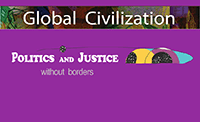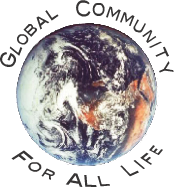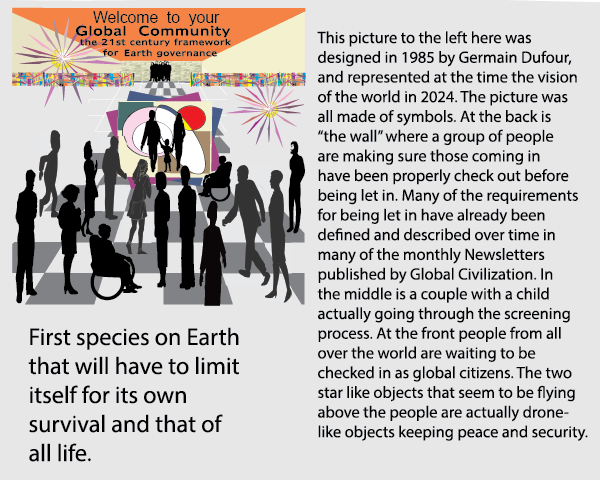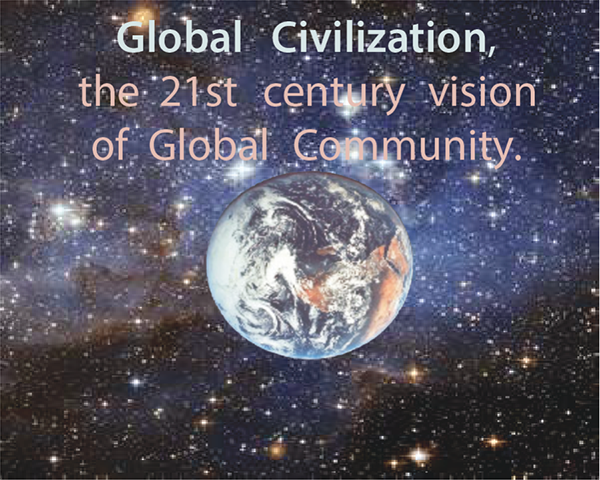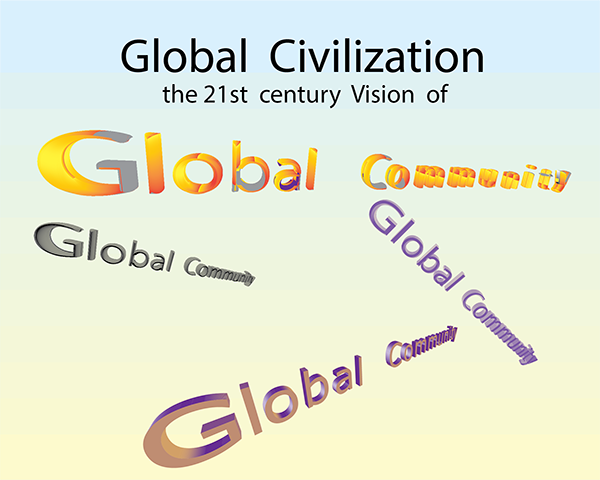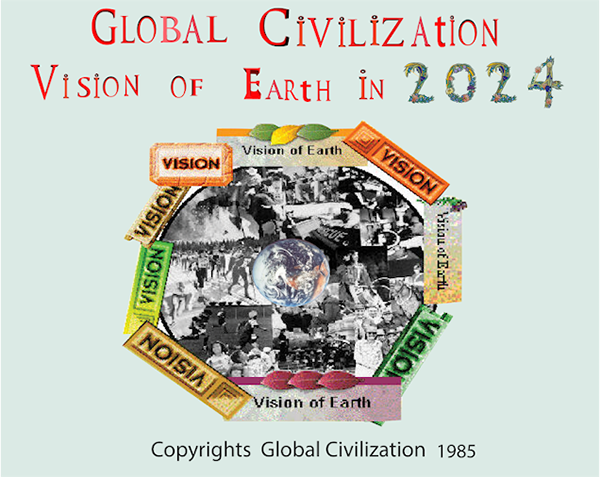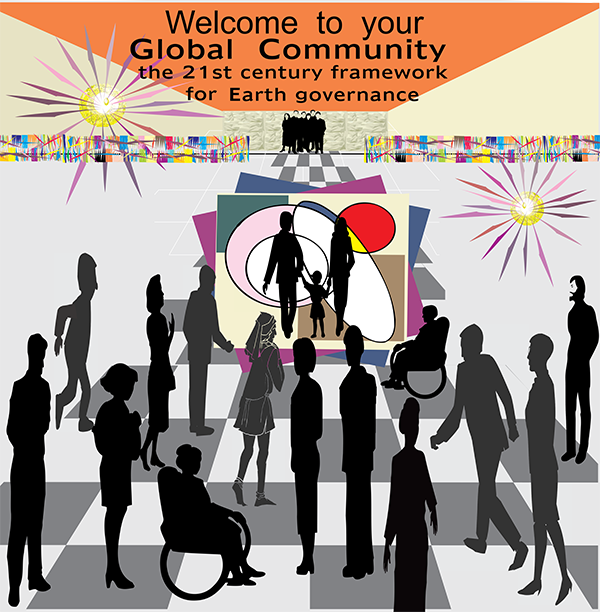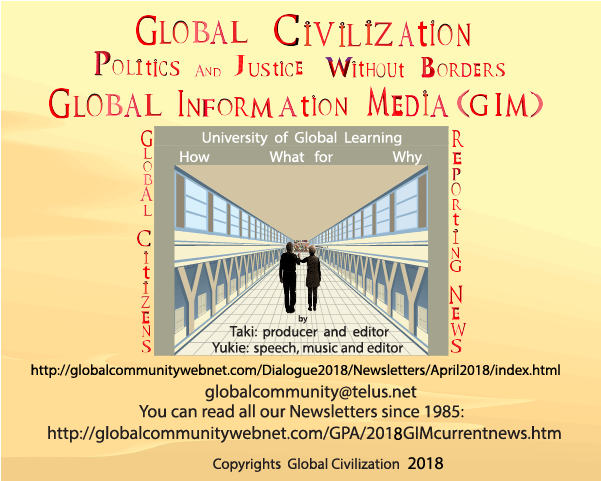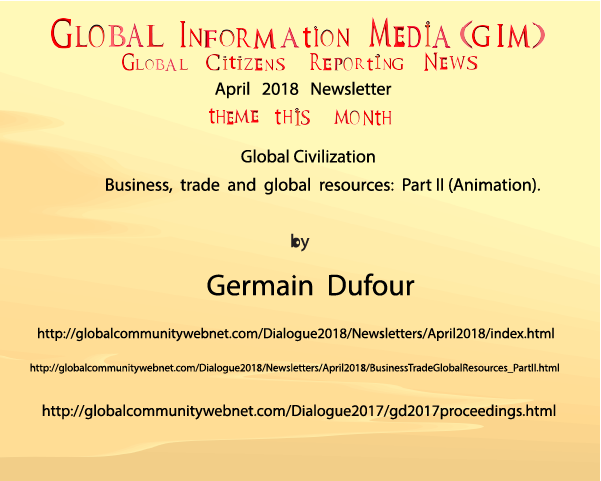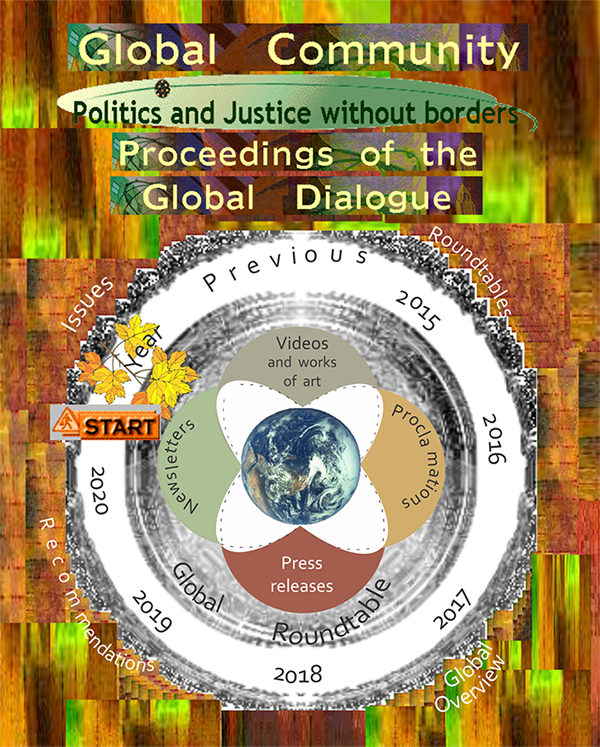Ministry of Global Peace in government
Over the past decades we have shown that peace in the world and the survival and protection of all life on our planet go hand in hand. Asking for peace in the world means doing whatever is necessary to protect life on our planet. Protecting life implies bringing about the event of peace in the world. Let our time be a time remembered for a new respect for life, our determination to achieve sustainability, and our need for global justice and peace.
Our Global Peace Mouvement is about the courage to live a life in a harmonious peace order and showing by example, thus preventing poverty, wars, terror and violence. We need to educate the coming generations with good principles, being compassionate, social harmony and global sustainability being some of them.
Soul of all Life said in Global Peace Earth "Soul of all Life teaching about Peace: Introduction"
Peace is being who you are without fear. It is the "being who you are" who must be taught a value based on principles to live by. Only principles described in Global Law are necessary and required to attain Peace in the world.
Cultural Appreciation Day: August 22
Along with all the global communities, the Global Community, all life on Earth, and the Soul of Humanity can rightfully claim ownership of the Earth as a birthright: October 6
Founding of the Global Community organization, Global Community and the Federation of Global Governments: October 6 , 1985
Global Citizenship Day: October 6
Tribute to Virginie Dufour, the first Secretary General of the Global Community organization, who passed away April 28,2000
The Global Exhibition: August 17-22
Nationalization of natural resources: October 6
Global Peace Movement Day: May 26
Global Movement to Help: May 26
Global Justice for all Life Day: October 6
Global Justice Movement: October 6
Global Disarmament Day: May 26
Planetary State of Emergency Day: May 26
Global Community 25 th Anniversary Celebration (1985 - 2010): October 6
Celebration of Life Day: May 26
Planetary Biodiversity Zone Day: September 26

